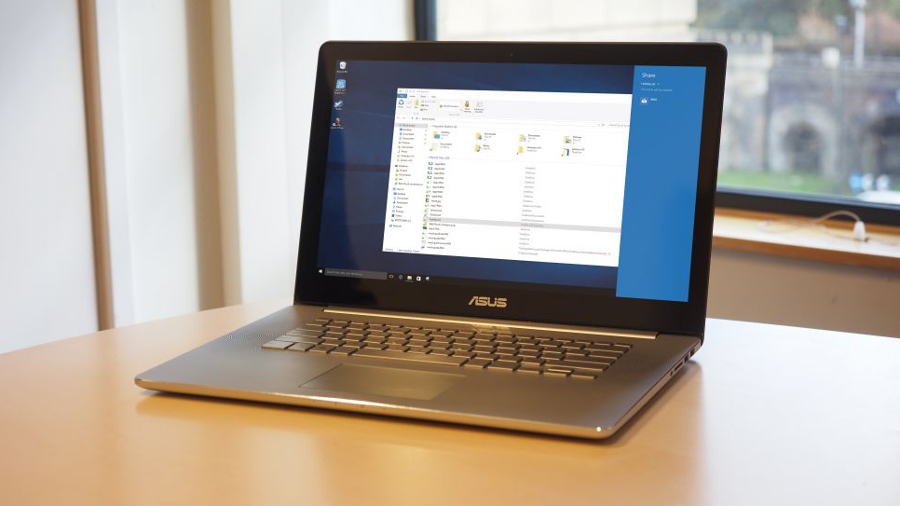Updating Windows 10 will soon be much less hassle
Major updates will be a good deal smaller and more manageable downloads

Big updates for Windows 10 will become a good deal more compact in the future, as Microsoft has revealed its new Unified Update Platform (UUP), which streamlines update downloads by around a third.
This means that major upgrades – like the Anniversary Update which landed back in the summer, or the Creators Update, the next instalment due in spring 2017 – will be a smaller download to the tune of around 35%, according to Microsoft.
This shrinkage is achieved because the company is switching to a ‘differential download package’, meaning that instead of grabbing a full build, you’re only downloading the changes that have been made since the last update.
As the ‘unified’ name suggests, this innovation will apply to not just the desktop version of Windows 10, but also mobile, IoT and HoloLens. In fact, the new UUP will be rolled out in stages to Windows Insiders, starting with mobile devices, with PC testers following later this year.
- These are the best Windows tablets you can buy right now
Getting creative
For the full release of desktop Windows 10, the plan is to introduce UUP with the Creators Update, although it will only actually come into effect for updates down the line (i.e. the following still untitled major update which is expected later in 2017).
Obviously, the more streamlined downloads will mean faster updates, and will doubtless be very welcome for those who don’t have a particularly speedy internet connection.
Microsoft also said that it’s implementing a new and more efficient method when it comes to checking for updates, which will become a faster process as a result.
Sign up for breaking news, reviews, opinion, top tech deals, and more.
Bill Karagounis, Director of Program Management, Windows Insider Program, noted in a blog post: “As we move to UUP, we are reducing the update data sent to client devices as well as the amount of processing we are doing on devices.”
That will be particularly useful for mobile devices in terms of using a minimum of data and power, and it won’t hurt for notebooks, either.
- Surface Studio could give you a glimpse into Windows 10's future
Darren is a freelancer writing news and features for TechRadar (and occasionally T3) across a broad range of computing topics including CPUs, GPUs, various other hardware, VPNs, antivirus and more. He has written about tech for the best part of three decades, and writes books in his spare time (his debut novel - 'I Know What You Did Last Supper' - was published by Hachette UK in 2013).